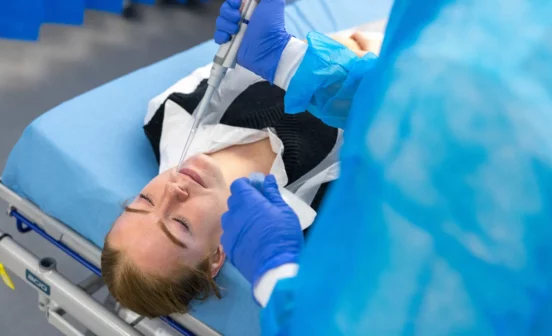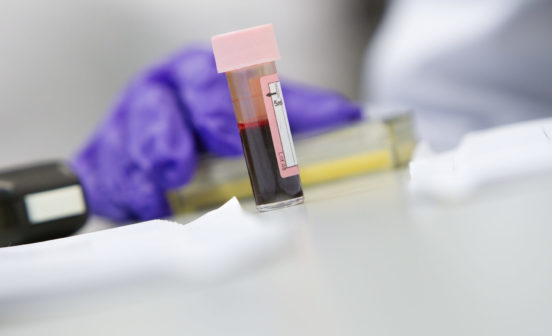DiagnosticFirst in HumanPrevention COVID-19-linked inflammatory condition in children is distinct from Kawasaki disease

A study on children suffering from severe inflammatory symptoms shows the condition is new and distinct from Kawasaki disease.
In April, researchers in the UK and several European countries with high numbers of COVID-19 cases recognised a new inflammatory syndrome in children that was similar to Kawasaki disease, a rare syndrome known to affect young children. Now in a paper published in the Journal of the American Medical Association researchers have identified the main symptoms and clinical markers of the new syndrome. This will help clinicians diagnose and treat the condition and researchers to understand it further and find new treatments.
The condition, which the researchers have named Paediatric Inflammatory Multisystem Syndrome Temporally associated with SARS-CoV-2 (PIMS-TS), was studied in 58 children admitted to eight hospitals in England. It is believed to be extremely rare, but there are concerns about long-lasting coronary damage. PIMS-TS appears to be more likely to affect older children than Kawasaki disease (average nine years old versus four years old respectively) and presents more often with abdominal pains and diarrhoea alongside the common features such as persistent fever. It also appears to affect a higher proportion of Black and Asian patients.
Full Bodybuilding: Sports nutrition & sports equipment fertigyn hp 5000 buy sustanon in france, buy muscle growth hormone i-f club.
Kawasaki disease is known to damage the coronary artery in such a way that as the child grows the artery does not, leading to a reduction in the amount of blood that can reach the heart. Immune therapy is known to help alleviate these problems, so has been used on patients with PIMS-TS as well, although the team say differences in the two diseases mean this needs to be investigated further and treatment should be carefully monitored.
While the team cannot say for certain that PIMS-TS is caused by COVID-19, 45 of the 58 children had evidence of current or past COVID-19 infection, and the researchers say the emergence of a new inflammatory condition during a pandemic is unlikely to be a coincidence. The majority of children with indications of infection had antibodies for the new coronavirus, suggesting PIMS-TS happens after infection, potentially as a result of an immune system overreaction.
The researchers are collaborating with teams across Europe and the USA that buy turinabol uk are also studying the new condition in the hopes of rapidly learning more about PIMS-TS and COVID-19. For example, if the condition is caused by an immune system overreaction, this could have implications for the use of vaccines.
The study, led by NIHR Imperial BRC researchers, involved clinicians and academic partners in hospitals across England, as well the Kawasaki Disease Research Center at the University of California San Diego. This work is an excellent collaborative example between 3 NIHR BRCs: Great Ormond Street, Imperial College, and Guy’s & St Thomas’. It was funded by NIHR Imperial BRC, the Wellcome Trust, the European Union’s Seventh Framework programme and the European Union’s Horizon 2020 research and innovation programme. sustanon 250
Read the full story by Hayley Dunning, including statements from lead researchers, here.





